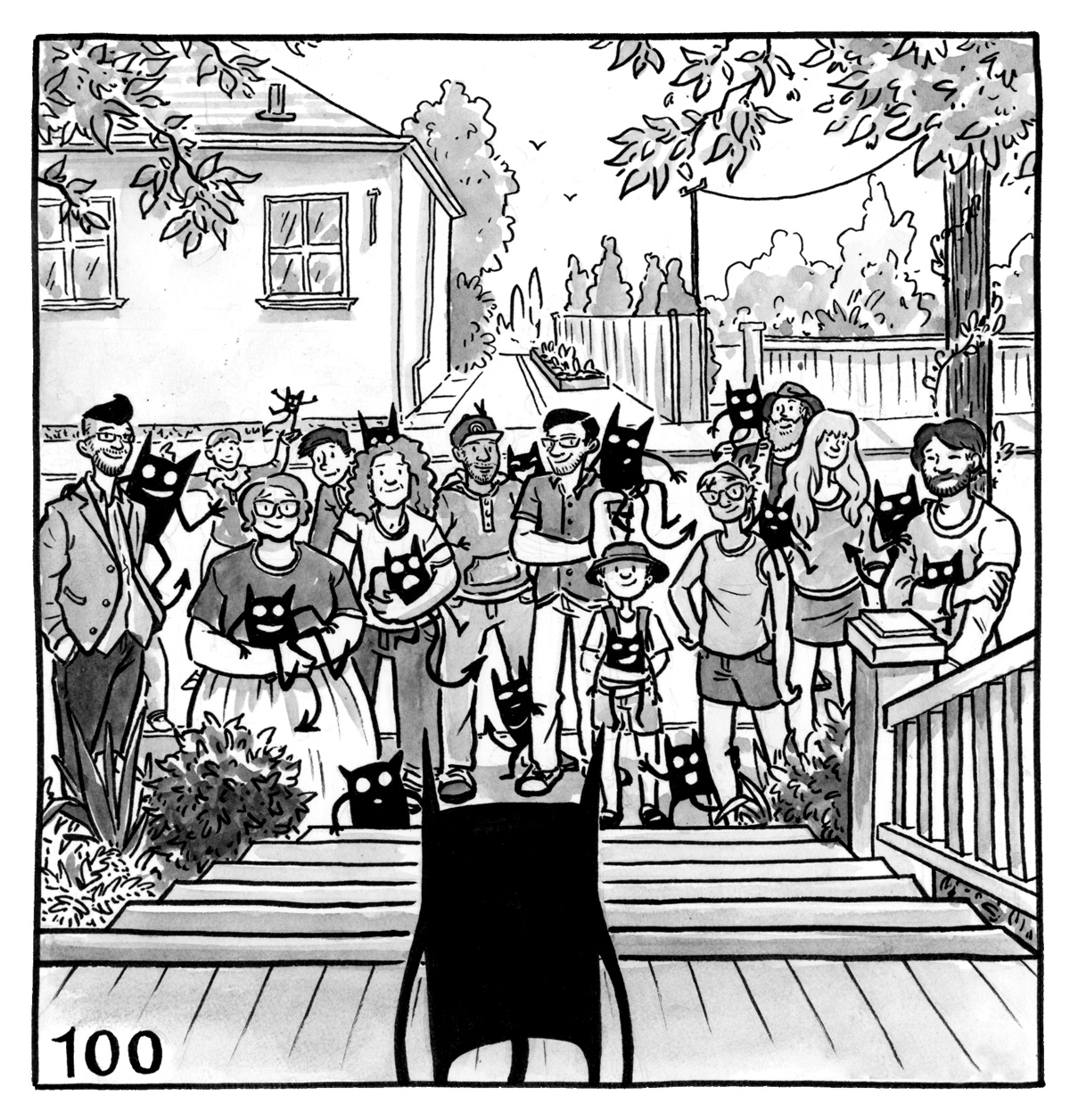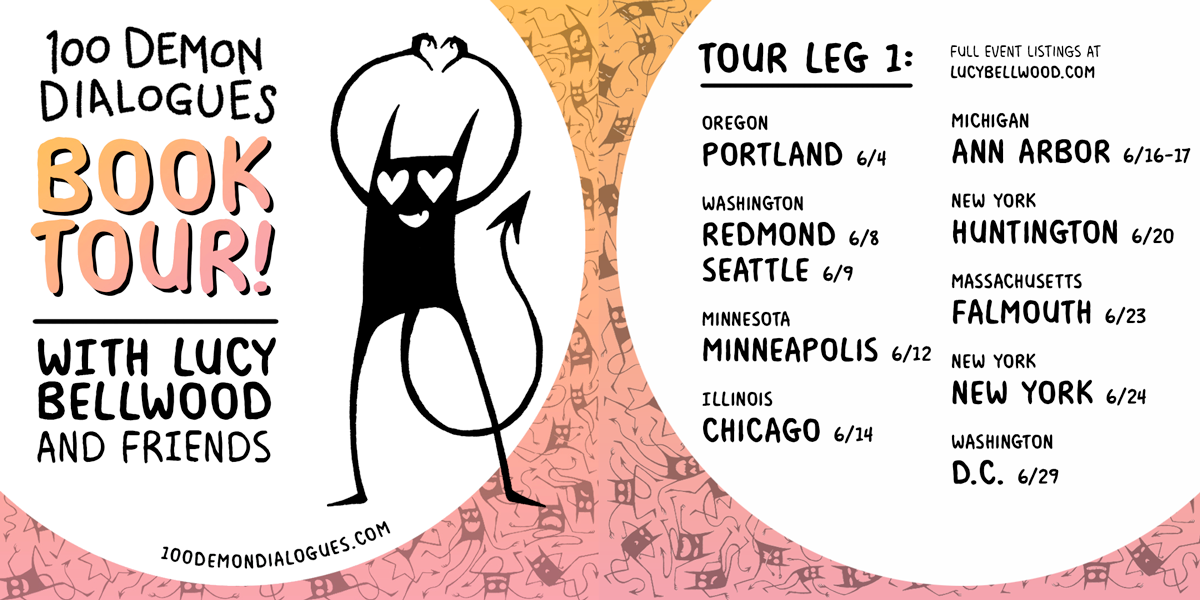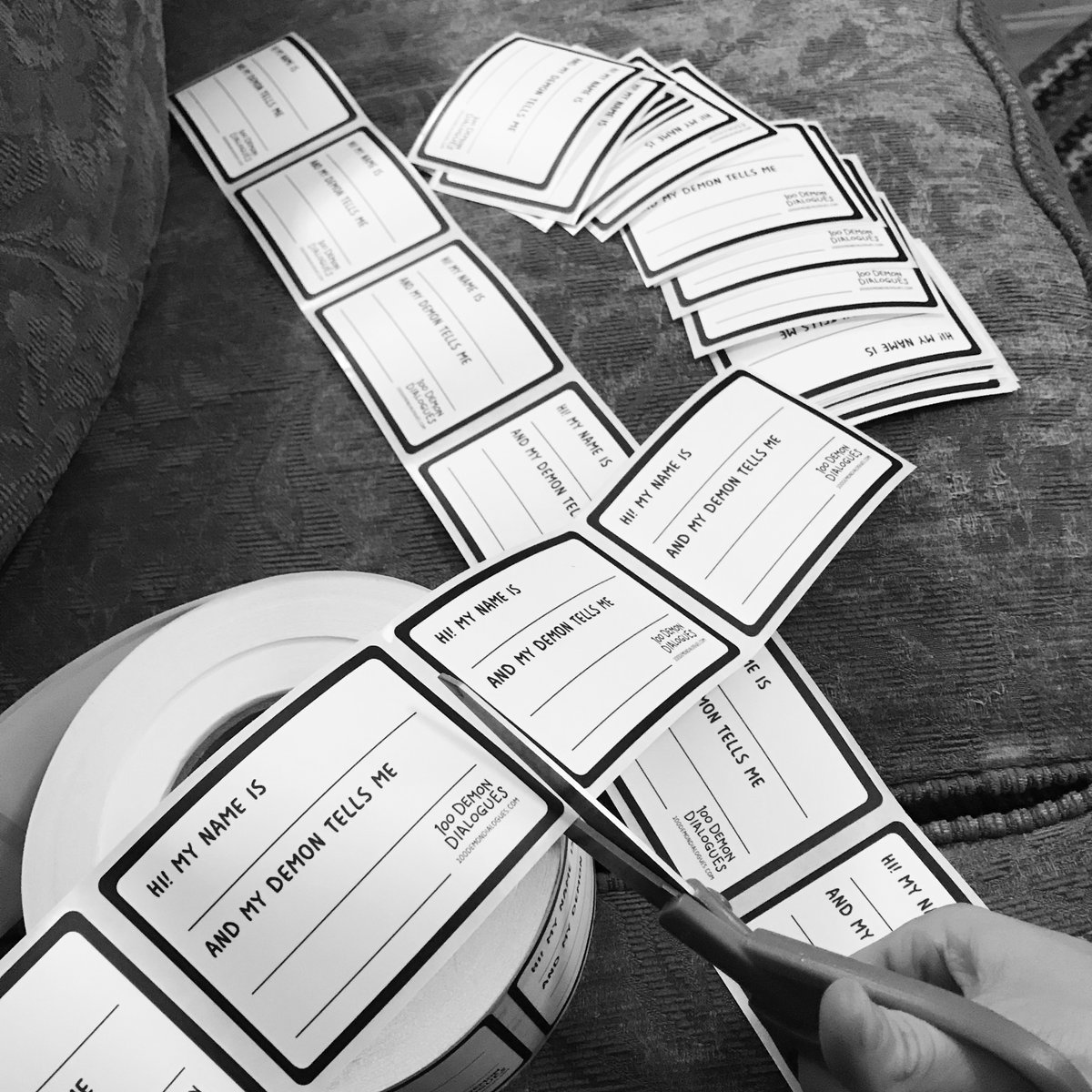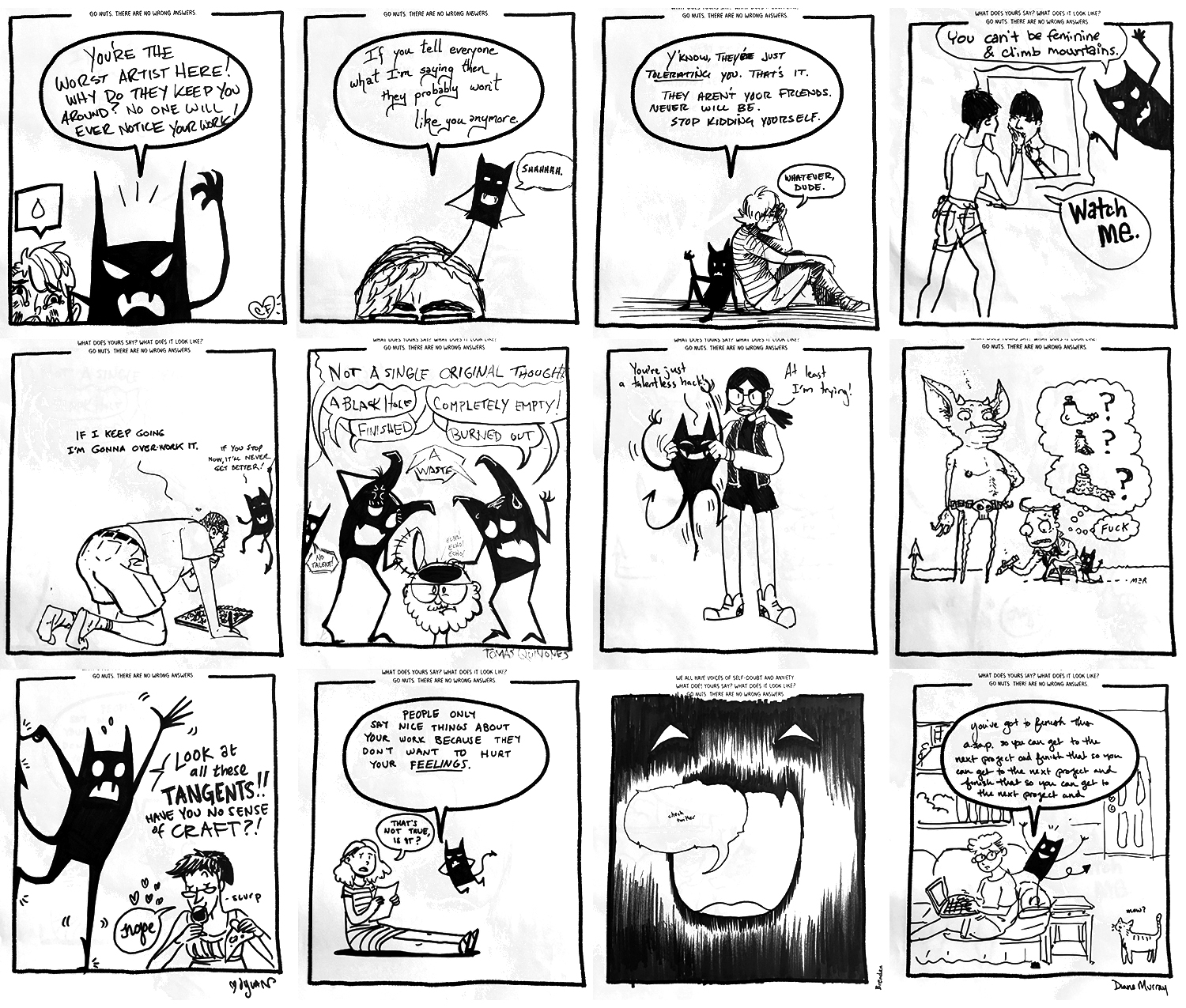When we meet network news producer Jane Craig (Holly Hunter) at the start of James L. Brooks’s Broadcast News, she’s sharing her hotel bed with a chunky phone and a Filofax. Her body is alive with all the energy of a teenager calling her girlfriends after school, but instead she’s rallying her reporting team room by room, chivvying them to meet her in the lobby in a half hour, joking around and providing details about the availability of breakfast (or lack thereof). Seeing her reminds me of days when I’ve been up at dawn to tackle a project I can’t wait to get into alongside people I feel lucky to work with. She radiates anticipation and competence and I fall for her immediately.
The credits are still rolling as she finishes her last call.
Smiling, she unplugs the line from the back of the phone, nestles it under the handset, and places the whole unit carefully on the bedside table. A dance ensues: she drops her hands to her lap, eyes cast down, checks her watch, shifts her gaze, sits with all the poise of a penitent. The moment stretches—no score, just the distant traffic outside. It’s long enough to make you wonder. Five seconds. Ten. Fifteen.
And then, out of nowhere, she’s sobbing.
It’s a bark of grief. A hiccuping thing that almost seems to take her by surprise.
It would be funny if I hadn’t experienced it myself.
Actually, it is still funny. And you can see the moment where even Jane finds it so. For a few seconds after pausing to catch her breath she’s almost laughing, shoulders shaking, but then her mouth twists again and she’s back in the realm of tragic disbelief. It’s absurd.
No, no, not absurd. I look up the definition and it turns out to be “wildly unreasonable, illogical, or inappropriate.” This doesn’t feel that way at all. It is deeply logical; the clear and necessary underpinning of anyone who runs on that kind of energy, who can muster that degree of charm.
In 2018 I spent 268 days away from home, traveling to promote my book, 100 Demon Dialogues. It’s a vulnerable collection about Imposter Syndrome and trying to treat yourself with compassion. I knew I wanted (needed?) to go meet the people reading it in person. To try and connect, on some tangible level, with the countless voices online who claimed to see themselves in my work.
I went out looking for something. Always a dangerous move.
I thought a great deal about authenticity and performance while I was on that tour; questioned the validity of my words as I spoke to people night after night, city after city. The cadence of “Thank you, that really means so much to me” drummed into my brain. I did mean it every time, but I also said it so often that it became more music than language. My body memorized a momentary curve of the shoulders that accompanied a hand to the chest, shorthand for “Your words touched me”. Sign language for “authentic emotional experience”. A fixed action pattern of connection.
I call myself a Fake Extrovert. I am energized by contact, driven to engage and delight in others, but it comes at a price. In almost every city I visited on tour, the ritual was the same: I’d arrive home at whatever place I was crashing that night, shut the door to my room and exhale. The moment would stretch. Five seconds. Ten. Fifteen. And then I’d crack open and sob.
It generally didn’t last a long time. Just enough to let out some of the irresolvable tension. The fact that I both got what I wanted and absolutely did not get what I wanted.
There were so many things that I loved about Broadcast News, but Jane’s outbursts of tears are what I keep coming back to—the thing that’s still under my skin the following morning, wondering if it would be insanity to just rewatch the whole film again.



